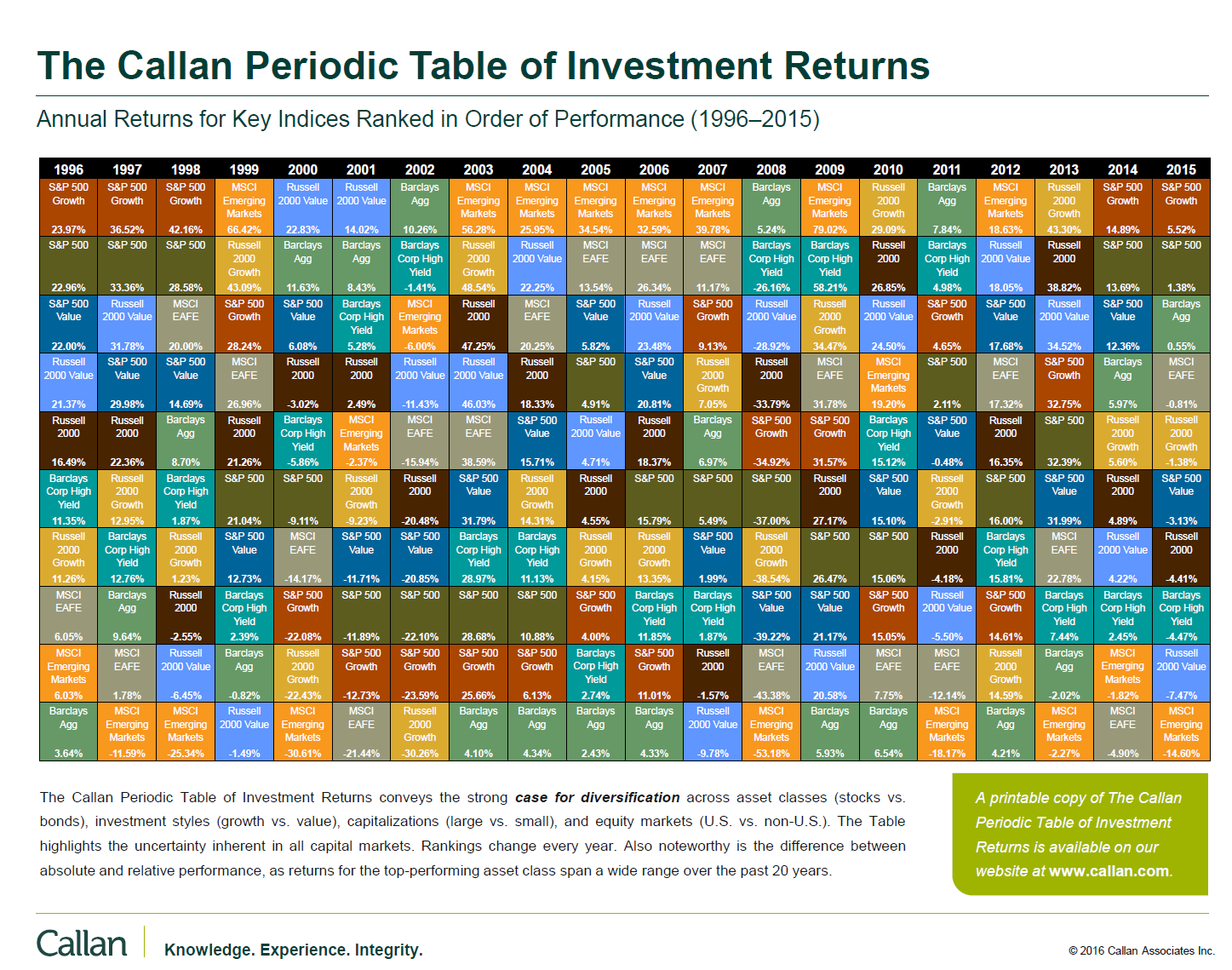My AA is 50/50. Of the stock AA, 25% is in Intl index fund VTIAX.
Haven't International stocks fallen out of favor with most due to poor performance? Seems to me that I recall recent comments from Buffett and others that US is the only place to be at this point in time. New report from Vanguard funds implies low growth in Intl sector in next few years.
My market knowledge is minimal and I've been a 'set and forget' investor... I'm just interested in thoughts of those more attuned to the financial sector. Any thoughts as to going all US?
Haven't International stocks fallen out of favor with most due to poor performance? Seems to me that I recall recent comments from Buffett and others that US is the only place to be at this point in time. New report from Vanguard funds implies low growth in Intl sector in next few years.
My market knowledge is minimal and I've been a 'set and forget' investor... I'm just interested in thoughts of those more attuned to the financial sector. Any thoughts as to going all US?

